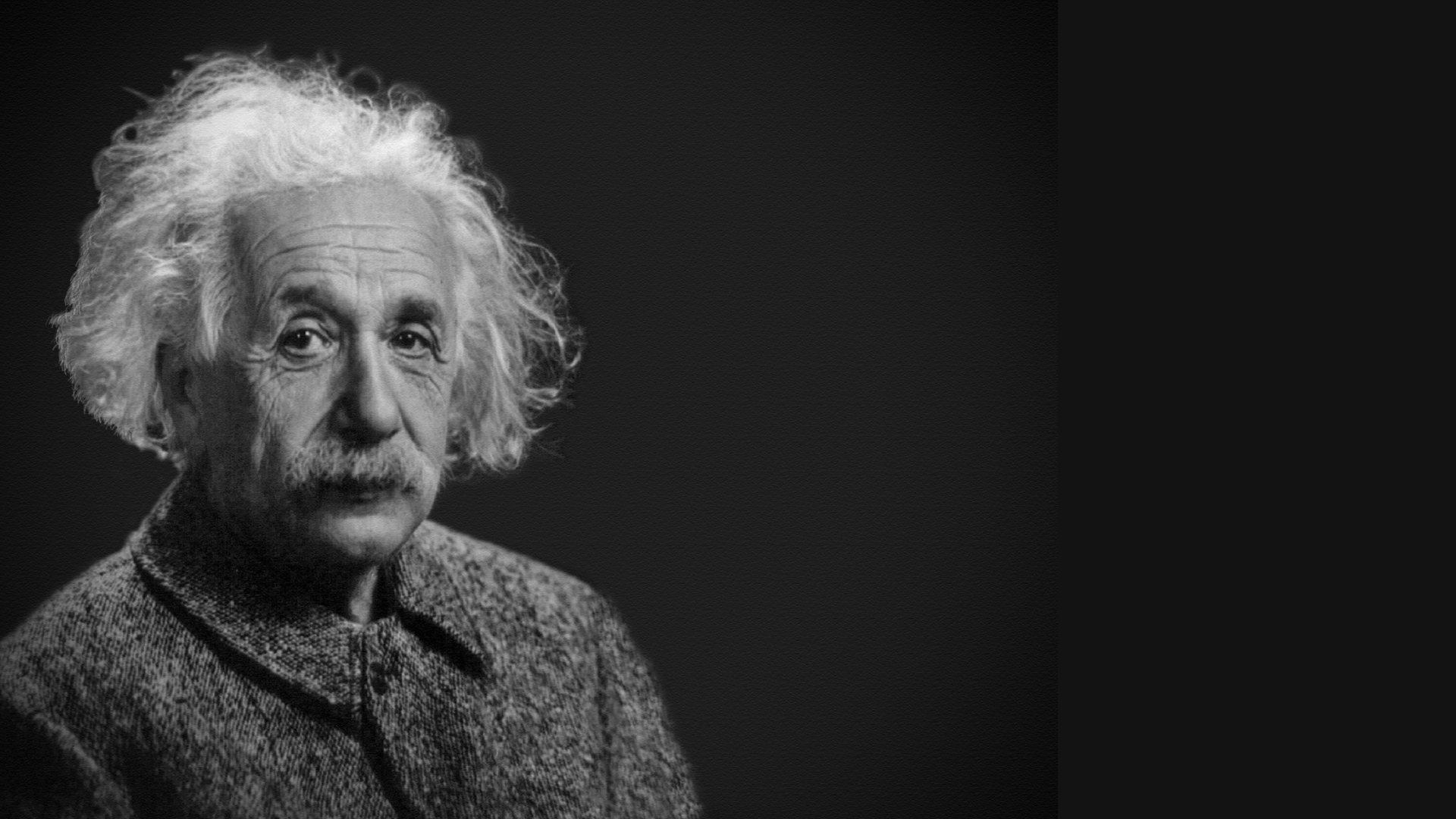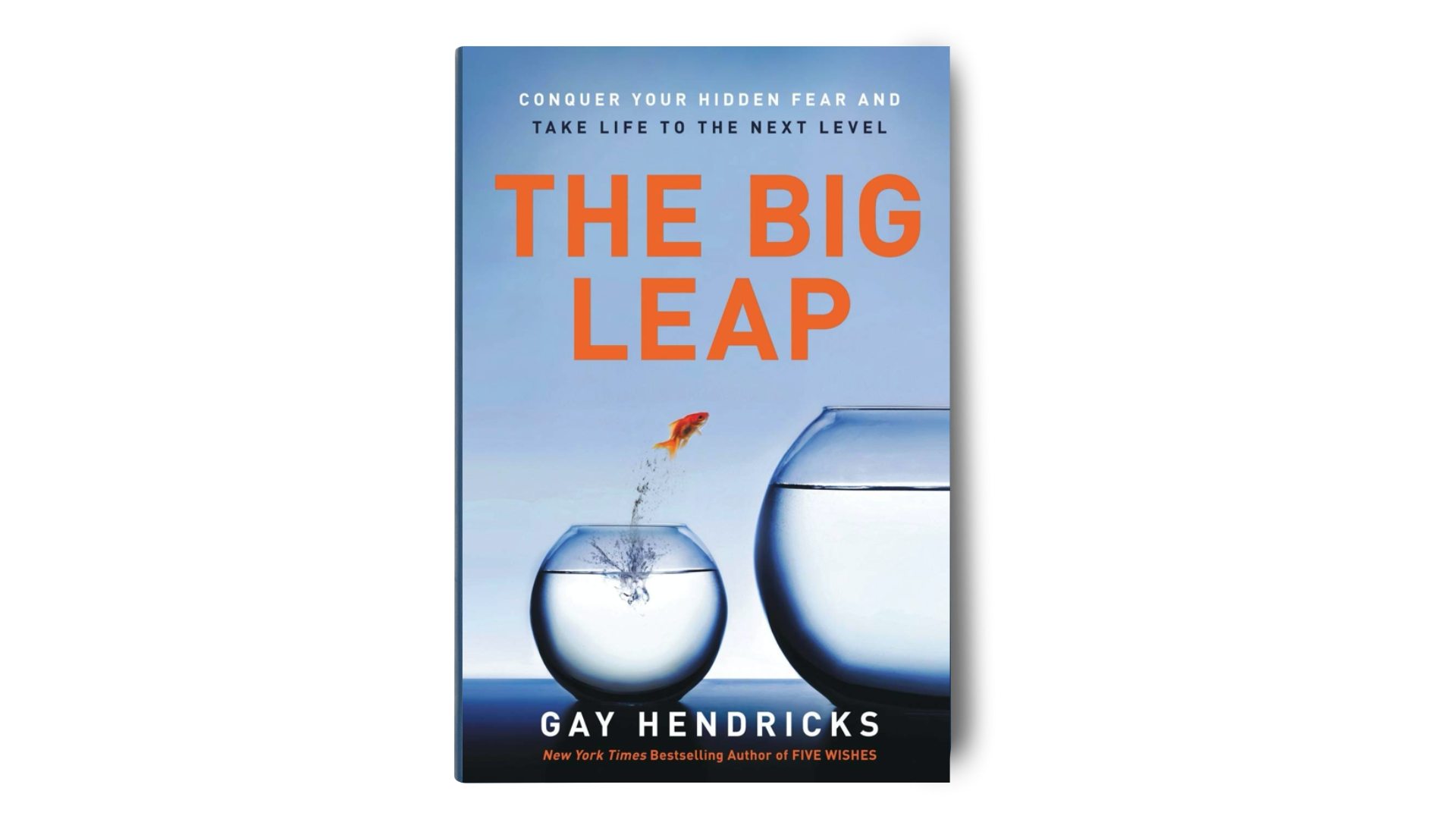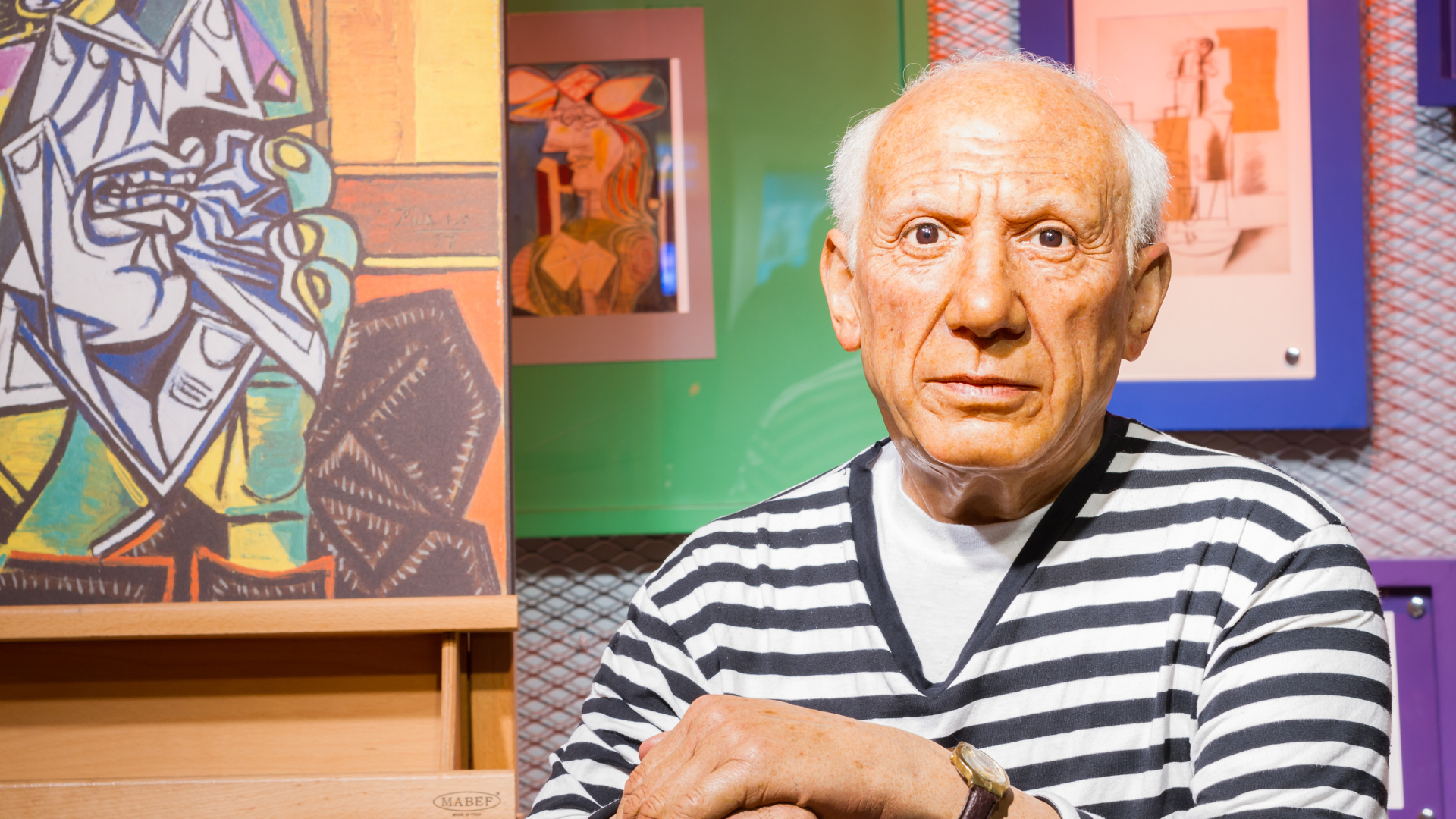It’s difficult to discover your genius when we all have different definitions of what genius really means. Is it an IQ score? A latent ability? Your passion which makes you feel truly alive?
The concept of genius might as well be a crystal prism or glitter ball, refracting light from its many surfaces. With those angles come variations in understandings, captured through a multitude of definitions. We have our historic, iconic figureheads - Einstein, known for his Theory of Relativity; Tesla for his pioneering experiments into wireless transmissions, X-rays, laser beams and electricity and Edison, for his tenacity in producing the electric lightbulb.
We have the nature vs nurture debate. The muddle of terms, with labels including prodigy (someone who masters a discipline at a very young age), genius (exceptional creativity, intellectual capabilities and out of the box thinking), savant (someone with an exceptional aptitude in one particular field, such as music or mathematics, despite having significant impairment in other areas of intellectual or social functioning), polymath (a person who knows a lot about many different subjects), virtuoso (someone highly skilled in music or art) and gifted (outstanding levels of aptitude (defined as an exceptional ability to reason and learn) or competence (documented performance or achievement in top 10% or rarer) in one or more domains). “Giftedness” itself falls into five classifications: intellectual, academic, creative, artistic and leadership.
Perhaps there are blurred lines between what we define as innate gifts or talents and invention - the discovery of radical original ideas? Maybe we receive, interpret and channel ideas from outside of us rather than generate them originally from within. Might being an introvert or an extrovert make a difference? Do you quietly create from your inner originality outwards, or are you inspired by the outside world around you drawing inwards to create something new? Are we the creators of great ideas, or receptive custodians?
Certainly the word “genius” itself is Latin, originally used by the ancient Romans to describe a guardian spirit, who watches over you from birth, connecting you to the divine.
Metaphysically, if all matter is energy, Thomas Edison’s expression of ideas being “in the air” could be anatomically correct - and it’s our receptibility which counts, above all else.
In the academic arena we’ve tried to measure “intelligence quota” through IQ tests - but as psychologist Wayne Weiten (2016) said, “IQ tests are valid measures of the kind of intelligence necessary to do well in academic work. But if the purpose is to assess intelligence is a broader sense, the validity of IQ tests is questionable.” Or, as Einstein neatly summed up, “Everybody is a genius. But if you judge a fish by its ability to climb a tree, it will live its whole life believing it is stupid.”
Francis Galton (1869) believed genius was inherited, coining and promoting eugenics believing it would one day produce a gifted race - and we know that took a turn to the ugly. Genetics can explain up to 75% of our IQ, but other factors such as our home environment, health, wealth, societal values, beliefs and attitudes contribute to achieving your full potential.
Your mind is (allegedly) sharpest when you’re 18. Supposedly IQ peaks at 20, although verbal and crystallised intelligence (knowledge from prior learning and past experiences) increases steadily with age.

Albert Einstein
Experts estimate Einstein’s IQ was about 205. Technically to be classified as gifted or a genius your IQ score would be at or over 140. Sixty-eight percent of the population have an IQ score between 85 and 115. Stephen Hawking’s IQ was 160. Rowan Atkinson (the actor famed for playing Mr Bean)’s IQ score is 178. The person with the highest IQ score in the world at the moment is Terence Tao (a Chinese-American Mathematician) at 230.
If it’s always seemed that academically brilliant people have an advantage, that’s because it’s true. In the 1990s, Professor Campello de Souza found that people with an IQ of 126+ can often learn in one hour what it would take someone with a standard IQ four to five hours to learn. In short, gifted people really can read and understand faster than an average person.
IQ isn’t everything and having a high IQ doesn’t necessarily mean you’re going to innovate and introduce new ideas into the world - merely that you can analyse, compute and understand at a more advanced level. Other markers for intelligence include EQ (emotional quotient), creativity, self-awareness and the ability to ask questions which few have asked before.
Surprisingly - although perhaps simply because they’re older when they start school - a study by the National Bureau of Economic Research in 2017 found there’s a correlation between the month you were born in and how smart you are, with people born in September being the smartest.
From an astrological perspective, your genius is quite literally written in the stars. Planetary alignments can indicate your potential, attributes, behavioural tendencies and predispositions, motivations and desires. In Human Design we all have an area of genius. In Gene Keys you have “shadows” and can learn how to transform these into your gifts, highlighting talents and indicating super powers.
Spiritually, energetically and mindset-wise, many people may believe they have “blocks” limiting their potential which need to be removed before they can achieve what they want. These could be restricting thought patterns, belief systems, habits, trauma, fear of failure (or success), “self-sabotaging” behaviour, imposter syndrome or even the need to improve self-awareness to gain a deeper understanding of your identity so you can align with and develop your natural skills and abilities.
Potential is wonderful but useless unless realised. In 1943, when Maslow originally spoke of self-actualisation he defined that as the highest need for fulfilment - the ability to become the best version of yourself. As Picasso said “Action is the foundational key to all success.”
In 2008, Malcolm Gladwell popularised the idea that with 10,000 hours of practise, you can master your craft. The concept originated from research on “deliberate practice” by Anders Ericsson in 1993 and Ericsson wasn’t happy that his research had been “incorrectly interpreted” to suggest this.
Perhaps genius isn’t a fixed point. Maybe it’s a state or experience, where the right conditions, whether that’s biology, psychology, intelligence, skill or practice need to align.
In the 1970s, psychologist Mihaly Csikszentmihalyli developed the idea of different mental states such as “Flow” and performance athletes like weightlifter Yury Vlasov spoke of the “white moment” when everything flows harmoniously. Gay Hendricks was the first person to talk about your “zone of genius” in his book “The Big Leap” in 2010. Hendrix defined zone of genius as a place where your natural talent meets your passion and purpose - where you feel most alive, engaged and fulfilled.

Your zone of genius doesn’t have to be applied on a sports field. The products of genius can take many forms - from original processes, formulas, concepts, academic research, published papers, media coverage, authorship and works of art and music to legally staked intellectual property including trademarks and patents.
To you, your gift might lie unrealised. Your genius could be something which is completely natural to you. You may have overlooked it, or barely given it a second thought. In psychological terms it might even be “talent denial”, something you’re aware of but can’t articulate.
Part of the challenge in our modern world is having the time and space to take a fresh perspective and discover what makes you tick. You might have experienced the white space Yury described, but not yet worked out how to capture and define that in order to transform your genius into something tangible, like an offer. Or to communicate its value in a way your audience can understand. You might also be reluctant to share something if you haven’t worked out a way to protect your intellectual property. In business, there’s a need to balance creative expression with profitability after all.
The benefits of discovering your genius and activating your ideas are endless - quite apart from the existential glow from self-actualising. To paraphrase behavioural science academic Dr. Steve Maraboli, when you’re operating at your highest form you can inspire others to do the same, creating a ripple effect for the better.
When you’re missing the mark the opposite can set in. You can feel frustrated, angry and resentful that you’re wasting time and energy without making progress. You can get overwhelmed, putting the cart before the horse, trying to put systems, funnels, social media - all the things - in place before gaining crystalline clarity on what you’re here to achieve.
Practically, procrastination, overthinking and self-doubt can add roadblocks to your plans. Receiving too many ideas at once can also lead to distraction and overwhelm, making it difficult to choose priorities and hone in on the one thing you want to be known for.
If you’re a divergent thinker or part of the 15% of neurodivergents in the world (Doyle 2020), having a wide range of interests and skills can often make you feel conflicted. You might feel compelled to explore lots of ideas, then get lost down rabbit holes as you’re pulled in multiple directions. On the flip side, having the ability to think divergently has been proven to relax the brain and create alpha (8 -12 Hz) and theta (4 - 8 Hz) waves, which is likely to be the frequency on which we can receive and acknowledge inspiration.
To really set your genius free you need to develop a clear vision of how you can apply your talents and then leverage your unique strengths and interests, seeking support as and when needed. It can feel vulnerable asking for help and/or summoning the confidence to put yourself out there.

Pablo Picasso's wax figure, photographed from Madame Tussauds, December 2015. Credit: DepositPhotos ref 120659004
Bringing your genius to life involves striking a balance. Picasso said “Inspiration exists, but it has to find you working.” but there is also something else involved too. A technically correct artist, with a muse, but without originality, might not create works of art. You need practical application, coupled with inspiration, fired by the right blend of creativity along with original talent, relayed into form.
Textbook cold hard delivery with no personality won’t strike a chord. And too much fluff and hyperbole might entertain but won’t go deep enough to deliver value.
Whichever ideas you manifest and deliver there has to be space for magic and purpose. Unless it’s art for art’s sake, you need to be able to take your abstract concepts or ideas and translate them into concrete, useable processes which can make a difference in our world. Great ideas are not about getting your idea to market in the fastest way possible. They are about simplifying complexities and shaping experiences. Too many of us are working in the realms we are good at, rather than detecting the specialities we can excel at.
We might not be (completely) born with it. We might not know how to measure it, but ultimately what you do with your genius is what counts.
